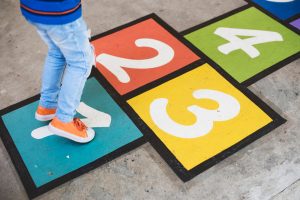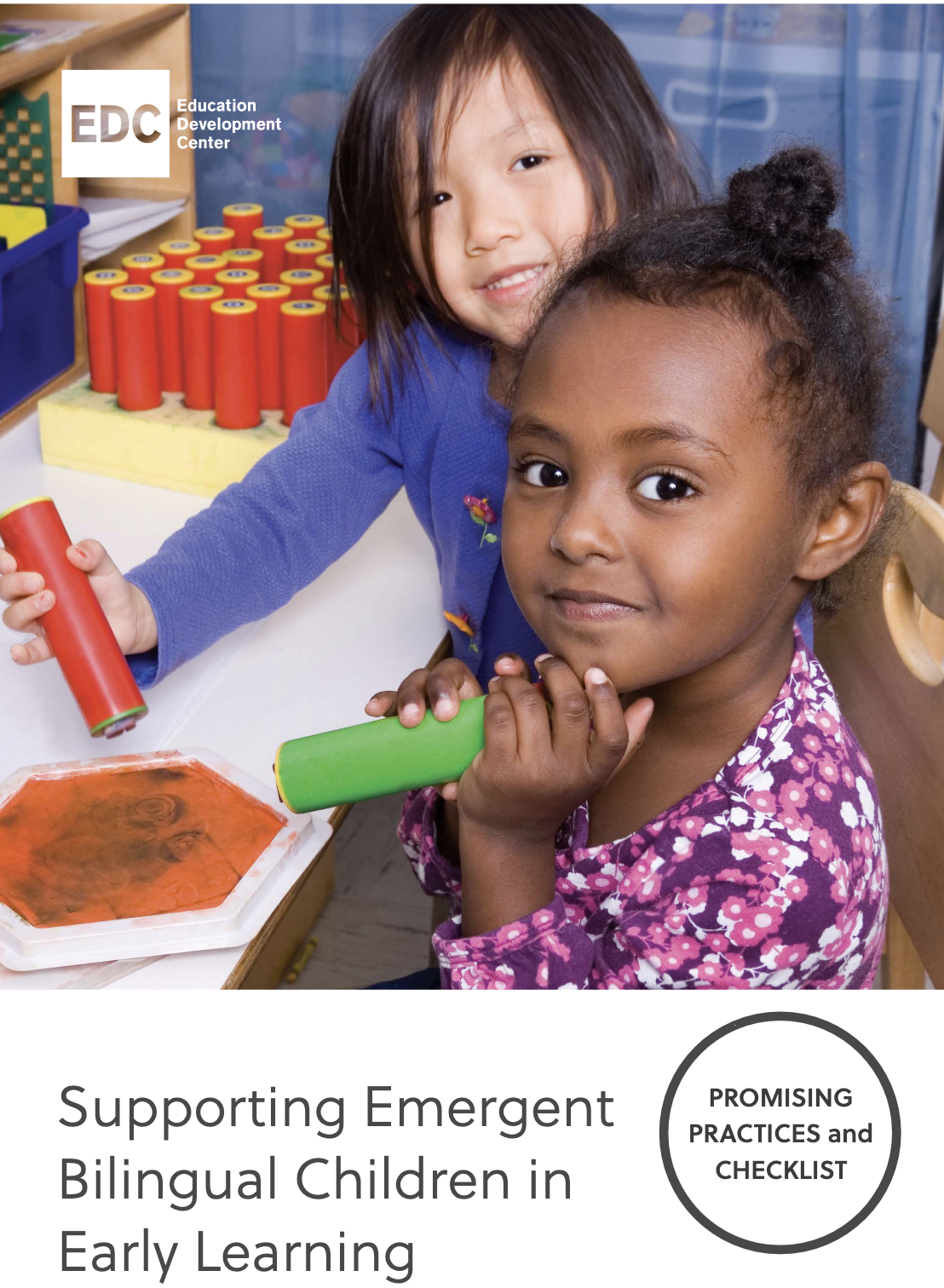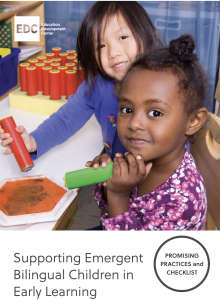Distracted Students? Understanding These 3 Myths of Attention Span Can Help
 How many times per day do you check your phone? According to Gloria Mark, psychologist and author of Attention Span, people swipe from screen to screen about 566 times per day, and about half of those switches are self-motivated, meaning they weren’t prompted by a notification. Read more ›
How many times per day do you check your phone? According to Gloria Mark, psychologist and author of Attention Span, people swipe from screen to screen about 566 times per day, and about half of those switches are self-motivated, meaning they weren’t prompted by a notification. Read more ›


 Sensory movement pathways encourage regular physical activity, helping students stay active and combat sedentary behaviors. Regular movement can contribute to improved cardiovascular health, better muscle tone, and enhanced overall physical fitness.
Sensory movement pathways encourage regular physical activity, helping students stay active and combat sedentary behaviors. Regular movement can contribute to improved cardiovascular health, better muscle tone, and enhanced overall physical fitness. 
 These resources from the
These resources from the 
 For years, ELL students have been regarded as students who come with a deficit, or gaps, in their knowledge. The assumption is that these students must be taught English in order to assimilate into our culture and ultimately be successful in school. On the other hand, to regard these students as “emergent bilingual,” suggests that there is value in their native language and cultural background, in addition to other contributions they bring to the classroom.
For years, ELL students have been regarded as students who come with a deficit, or gaps, in their knowledge. The assumption is that these students must be taught English in order to assimilate into our culture and ultimately be successful in school. On the other hand, to regard these students as “emergent bilingual,” suggests that there is value in their native language and cultural background, in addition to other contributions they bring to the classroom. 
 Supporting Emergent Bilingual Children in Early Learning from Education Development Center (EDC) draws on current research into how children learn, giving educators promising practices for supporting the diverse needs of young learners.
Supporting Emergent Bilingual Children in Early Learning from Education Development Center (EDC) draws on current research into how children learn, giving educators promising practices for supporting the diverse needs of young learners. 
 For neurodivergent college students to navigate their academic journey successfully, it’s essential to develop effective study habits and strategies. Here are some valuable study tips.
For neurodivergent college students to navigate their academic journey successfully, it’s essential to develop effective study habits and strategies. Here are some valuable study tips. 
 It’s always difficult to hear your children yelling or sobbing that they don’t want to go to school. You may be even more sensitive to their reluctance and anxiety because of what an unpredictable place school has felt like for the past two years. So, what do you do when you have scrambled to get all your kids’ school supplies and clothes ready for school only to find that you now must coax them to get there?
It’s always difficult to hear your children yelling or sobbing that they don’t want to go to school. You may be even more sensitive to their reluctance and anxiety because of what an unpredictable place school has felt like for the past two years. So, what do you do when you have scrambled to get all your kids’ school supplies and clothes ready for school only to find that you now must coax them to get there? 
 Every family wants to make sure their children enjoy a safe, happy and productive year as classrooms reopen this fall. The
Every family wants to make sure their children enjoy a safe, happy and productive year as classrooms reopen this fall. The 
 Belonging in the classroom means ensuring that all students feel welcomed, comfortable, and part of the school family.
Belonging in the classroom means ensuring that all students feel welcomed, comfortable, and part of the school family.

